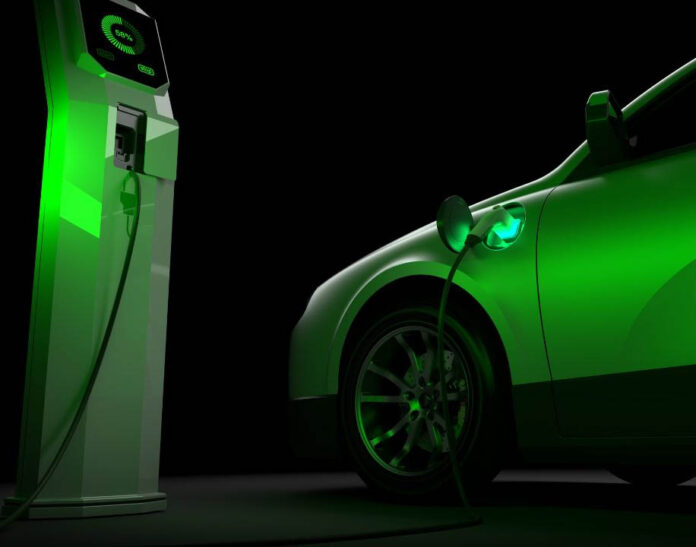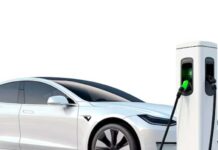
The Transport Department of Delhi Government will soon introduce a new policy for taxi/cab aggregators, food delivery companies and e-commerce entities that will mandate them to switch to an all-electric fleet by the end of this decade. The Delhi Transport Department is planning to make the transition to zero-emission electric vehicles (EVs) in a phased manner.
“Delhi will have an all-electric fleet for cabs and other e-commerce entities by April 1, 2030. We have already achieved remarkable success in the field of electric vehicles as Delhi has the highest penetration of EVs in India,” said Kailash Gahlot, Minister of Transport of Delhi.
“We are expanding electric charging stations at a fast pace and at affordable prices. A robust infrastructure is being put in place for EVs. The main idea is to make Delhi air pollution-free, and we have already seen good results in the past few years by promoting EVs. In the coming years, Delhi air would be better due to it,” he added.
Senior officials in the know of the matter said that the aggregator draft policy has been passed by the law department and it would be ready to be implemented after receiving the final approval from the Transport Department and the Lieutenant Governor. Moreover, the draft has provisions for phasing out the existing petrol, diesel and CNG cabs in a phased manner.
What this means is that about five per cent of the new fleet acquired by the aggregators within six months of the notification should be electric. This will increase to 15 per cent within nine months, 25 per cent by the end of one year, 50 per cent by the end of two years, 75 per cent by the end of three years and 100 per cent by the end of four years. The entire fleet should have only EVs by April 1, 2030. There will also be provisions for fines if the aggregators do not comply with the norms, revealed an official.
As of now, the Tata Tiago EV is the most affordable electric hatchback in India, with prices starting from Rs 8.69 lakh, while its sedan sibling i.e. Tigor EV starts from Rs 12.49 lakh. In contrast, the equivalent petrol-powered Tigor is priced from Rs 6.20 lakh – which is less than half of the fully electric version. Pricing for the Tigor CNG starts from Rs 7.60 lakh (all prices, ex-showroom), which clearly shows that there’s still a sizeable gap between the prices of internal combustion cars as well as battery-powered vehicles. The new aggregator policy could also result in manufacturers introducing new, more affordable entry-level aggregator-only variants of their respective EVs, with lesser creature comforts. The introduction of more affordable EVs in the country in the coming years will also be key for the implementation of this switch from ICE vehicles to EVs.








